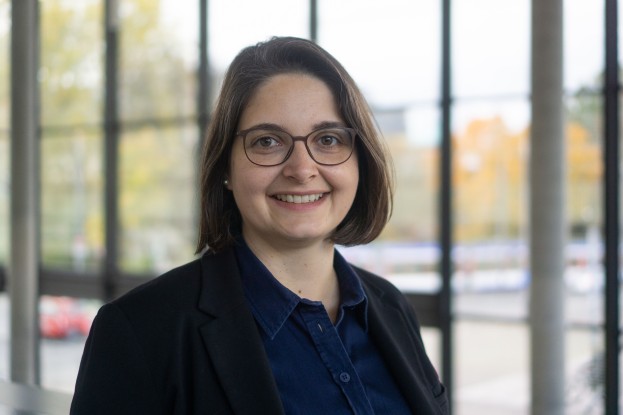Nano- and Microfluidics: Experiments, Simulations, and Theory
Micro- and nanofluidics are crucial for different fields such as sustainability, energy conversion, process engineering or (bio)chemical analytics.
Our research deals with transport phenomena in fluids on the nano- and micrometer scale including gas kinetics on the nanoscale, transport processes in electrolyte solutions and at liquid interfaces, wetting phenomena, and separation processes for biomolecules.
We cover a broad range of topics and combine experimental, theoretical and numerical approaches.
We are particularly interested in basic research with the intention of paving the way for novel applications. Our approach is based on a “bottom-up” strategy, i.e. the research is knowledge-driven. Breaking new scientific ground fascinates us, but we keep applications in mind. For more information you can check out our website (www.nmf.tu-darmstadt.de) as well as our recent publications.
The following list of possible projects is not exhaustive. Please let us know what you are interested in!
- Investigating liquid bridges and oscillating drops within microchannels (microfabrication, microscopy, fluorescence, image processing)
- Capillary wave energy measurement on liquid surfaces (high-speed confocal sensor, frequency domain analysis)
- Combining simulations and camera images to construct microfluidic soft sensors (High-speed imaging, Bayesian inference, phase-field simulations)
- Experimental Study of Leidenfrost droplets containing a filament (high speed imaging, parametric study, microfluidics)
- Generation and measurement of Marangoni flows (microfluidics, microscopy, image processing)
Additional Information
| Supervisor | Prof. Dr. rer. nat. Steffen Hardt |
| Availability | Spring, Summer and Fall 20245 |
| Capacity | 3 Students |
| Credits | 12-18 ECTS |
| Remote Option | No |



